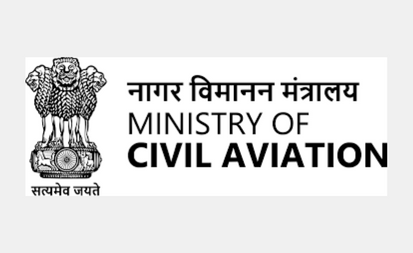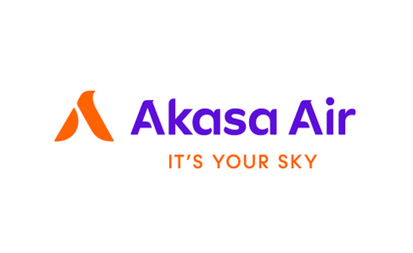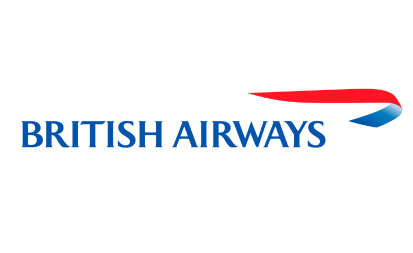Dgca Makes Significant Changes In Fatigue Risk Management System For Flight Crew
Changes To Address Pilot Fatigue, Enhance Overall Flight Safety And Balance Growth In Aviation Sector Airline Operators Required To Comply With Revised Regulations Latest By 1st June, 2024 Directorate General of Civil Aviation (DGCA) has made significant

- Changes To Address Pilot Fatigue, Enhance Overall Flight Safety And Balance Growth In Aviation Sector
- Airline Operators Required To Comply With Revised Regulations Latest By 1st June, 2024
Directorate General of Civil Aviation (DGCA) has made significant changes in the regulations pertaining to Flight Duty Time Limitations (FDTL) for flight crew, in line with the international best practices. These regulations have been instrumental in managing fatigue related aviation safety risks for more than a decade now.
The introduction of these reforms in the civil aviation sector would be a substantial step forward in addressing pilot fatigue, enhancing overall flight safety and balancing it with the projected growth of the aviation sector in India. The revised FDTL regulations are effective forthwith and the airline operators are required to comply with the revised regulations latest by 1st June, 2024. This will ensure sufficient time for the airline operators to adapt to the changes while taking into account the logistics, system changes and consequential arrangements arising out of the amendments in revised FDTL regulations.
With a view to address and mitigate concerns on pilot fatigue through a data driven approach, DGCA collected and analyzed extensive numbers of pilot rosters along with pilot fatigue reports submitted by airline operators. Based on the study and analysis, some of the key areas inducing fatigue such as maximum Flight Duty Period, Night Duty, Weekly Rest Period, Flight Duty Period Extension etc. were identified.The revised FDTL regulations have been formulated after extensive data analysis and feedback from various stakeholders which includes airline operators, pilot associations and individuals.The world-wide best practices (FAA – USA and EASA – EU) have also been taken into consideration in amending the regulations while keeping in mind the specific operating environment in India.
Key Highlights of the revised FDTL Regulations:
- Extended Weekly Rest Periods for flight crew: The revised regulations mandate increased weekly rest periods from 36 hours to 48 hours for flight crew, thus ensuring sufficient time for recovery from cumulative fatigue.
- Night Duty: The definition of night has been amended which now covers the period of 0000-0600 hours in the revised regulations vis-à-vis the period of 0000-0500 hours under the previous regulations. This enhancement of one hour during early morning will ensure adequate rest and also align the night duty period which encompasses Window of Circadian Low (WOCL) from 0200-0600 hours i.e. the time during which the circadian body clock cycle is at its lowest in terms of alertness.
- Maximum Flight Time, Maximum Flight Duty Periods and Number of Landings during night: The revised regulations have taken into consideration different types of operations across time zones. The maximum flight time & maximum flight duty period for flight operations encroaching night have been restricted to 8 hours flight time &10 hours flight duty period respectively and the number of landings have been limited to only two landings as compared to maximum permissible 6 landings under previous regulations during night operations, thus enhancing flight safety.
- In addition, DGCA has mandated that all airline operators shall submit quarterly fatigue reports after analysis, including the Action Taken on such reports. Further, it has been stipulated that the fatigue reports shall follow a non-punitive and confidentiality policy.
DGCA further envisages to the adoption of a new regime of fatigue management i.e. Fatigue Risk Management System (FRMS) going forward. The revised FDTL regulation is a stepping stone towards FRMS implementation in India. FRMS is a data-driven approach to enhance monitoring and reporting of flight crew fatigue.The collaboration of various aviation stakeholders such as regulator, airline operators, flight crew etc. will be required to implement stringent monitoring, record keeping and reporting to ensure adherence to a FRMS regime in future once the readiness to transition to the FRMS framework has been diligently demonstrated by all stakeholders.
With the implementation of the revised FDTL regulations, the aviation sector aspires for safer skies.
—-
 English
English French
French German
German Italian
Italian




